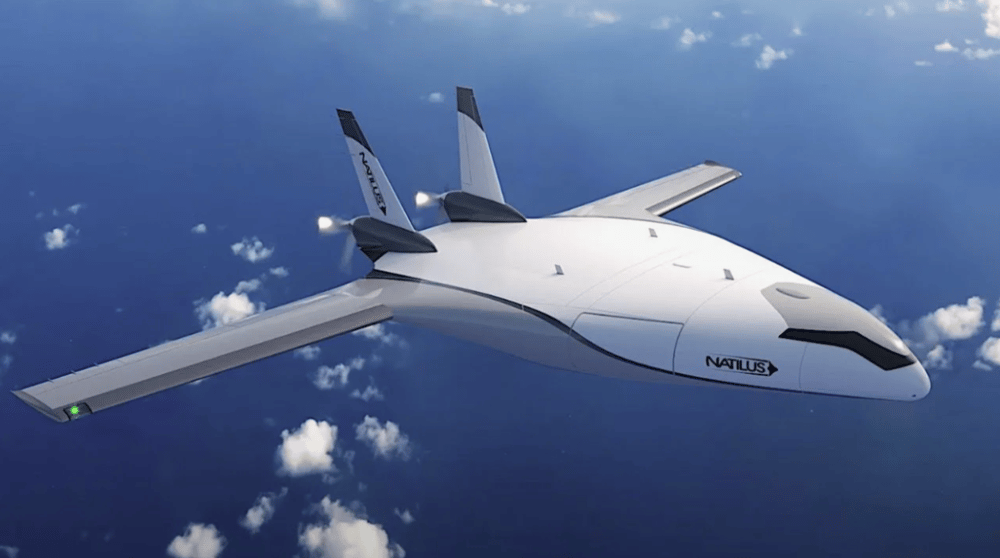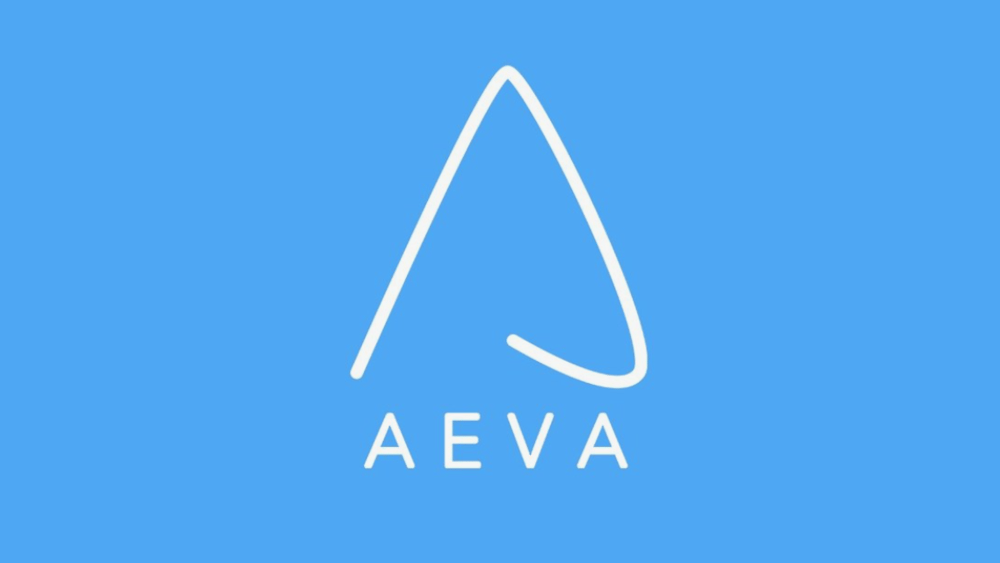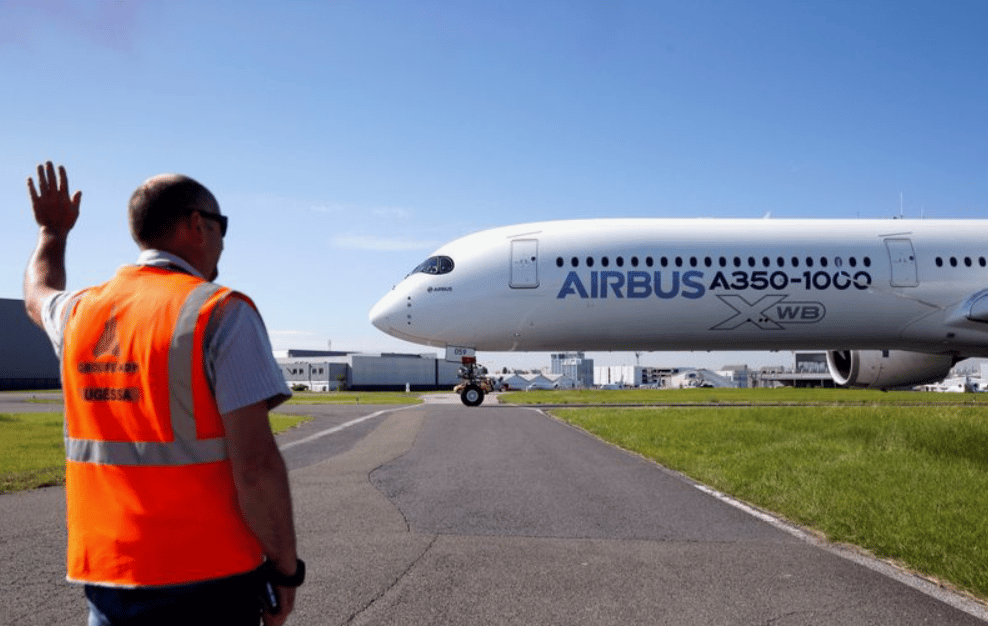Aeva Technologies Supplies LiDAR Sensors to Airbus for Autonomous Aircraft Taxiing Trials
Aeva Technologies Inc. $AEVA has officially entered the aerospace sector by providing advanced 4D LiDAR sensors to Airbus UpNext, a subsidiary of European aerospace giant Airbus SE $AIR.PA. The announcement, made on Monday, underscores a critical step in Airbus’s long-term plan to enable autonomous taxiing of commercial aircraft, beginning with the A350-1000 test model.
These cutting-edge sensors will be tested at Toulouse-Blagnac Airport in France on a dedicated ground truck and later on the aircraft itself. Aeva’s sensors will help Airbus validate core perception technologies that allow the aircraft to detect and respond to ground obstacles with minimal human intervention.
This collaboration is a strategic milestone for both firms: for Aeva, it marks a leap from automotive applications into aviation, while Airbus accelerates its investment in autonomous systems amid rising demands for automation in commercial aviation.
Aeva’s 4D LiDAR: Expanding Beyond the Automotive Industry
Founded by former engineers from Apple Inc. $AAPL and Nikon, Aeva Technologies has pioneered a frequency-modulated continuous wave (FMCW) LiDAR system that can simultaneously measure distance and velocity, delivering real-time 3D environmental mapping.
Unlike traditional LiDAR, Aeva’s FMCW sensors offer enhanced range, resistance to sunlight interference, and dynamic object velocity detection—all critical for navigating crowded airport environments.

By incorporating Aeva’s sensors into ground-based vehicles and aircraft, Airbus UpNext seeks to automate aircraft taxiing, a complex procedure requiring precise environmental awareness. This move is part of a broader trend in aerospace toward intelligent mobility systems, using AI and sensors to minimize pilot workload and reduce fuel consumption during taxiing.
Quick Facts
Supplier: Aeva Technologies
Client: Airbus UpNext, subsidiary of Airbus SE
Test Aircraft: Airbus A350-1000
Test Site: Toulouse-Blagnac Airport, France
Technology: FMCW 4D LiDAR sensor
Application: Autonomous taxiing and obstacle detection
Market Implications and Industry Response
While Aeva's stock remained stable in early trading, the partnership enhances the company’s positioning within the advanced mobility technology sector, previously dominated by automotive OEMs and Tier 1 suppliers. For Airbus, the pilot program aligns with a broader industry shift toward sustainable and semi-autonomous aviation as part of European aerospace's digital transformation agenda.
Analysts view this development as strategically significant, as it demonstrates practical aviation deployment of terrestrial LiDAR systems. The collaboration also reflects Airbus’s continued push for innovation through UpNext, which serves as an experimental hub for technologies such as hydrogen propulsion and AI-assisted navigation.

Key Takeaways
Cross-Industry Expansion: Aeva moves from automotive to aerospace, showcasing LiDAR versatility.
Advanced Perception Systems: FMCW LiDAR delivers simultaneous distance and velocity data.
Operational Safety: Enhanced situational awareness during taxiing reduces human error risks.
Decarbonization Support: Efficient ground navigation can reduce unnecessary fuel burn.
Strategic Positioning: Airbus integrates next-gen tech through internal ventures like UpNext.
Industry Validation: Marks a rare aerospace use-case for Silicon Valley mobility hardware.
A Strategic Milestone in Aviation Autonomy and Sensor Innovation
The partnership between Aeva Technologies and Airbus UpNext marks a significant inflection point in the application of LiDAR-based perception systems in commercial aviation. As aircraft operations become increasingly digitized and automated, high-precision sensors like Aeva’s FMCW LiDAR will play a pivotal role in future airport automation and smart taxiing systems.
Beyond its technical implications, this initiative illustrates the increasing convergence of aerospace and Silicon Valley tech firms, leveraging consumer-electronics-grade innovation for high-stakes industrial use. For Airbus, it reaffirms a commitment to automation, safety, and sustainability. For Aeva, it provides a valuable entry point into a highly regulated but innovation-hungry sector, validating its product's reliability beyond the road.















Comments